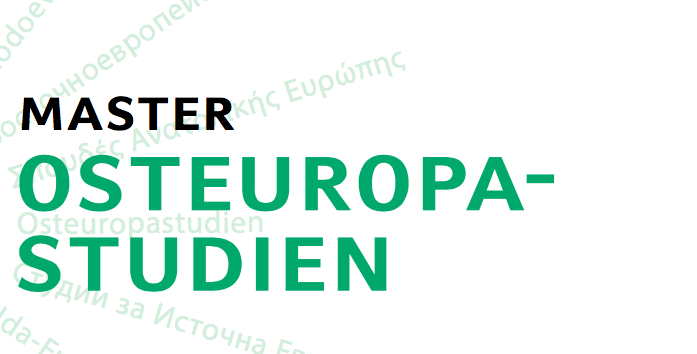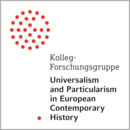Partner Institutions
Collegium Carolinum
The Collegium Carolinum (CC) is a research institute dedicated to the history and culture of Czechia and Slovakia. It conducts interdisciplinary research focusing on aspects of the region’s multi-ethnicity and on transnational relations within the wider area of East Central Europe. The Collegium Carolinum’s research library houses Germany’s largest collection of specialist publications on Czechia and Slovakia. Associated with LMU Munich, the CC collaborates closely with the Institute of East and Southeast European History.
Elite Graduate Programme for East European Studies
The Honours Master’s program for East European Studies aims at building up regional expertise on East Central, Eastern, and South Eastern Europe. The programme is run jointly by LMU Munich and the University of Regensburg. Each university offers a different combination of courses. At LMU Munich, the programme is hosted by the Institute of East and Southeast European History. It emphasizes interdisciplinary study, and students may choose between specialising in East and Southeast European history, Slavic language and literature, political science, European ethnology, Jewish, and Turkish and Ottoman studies. The programme is research-oriented and thus part of the Elite Network of Bavaria.
Graduate School for East and Southeast European Studies
The Graduate School for East and Southeast European Studies explores the political, cultural and social dimensions of historical change in Eastern and South Eastern Europe. Particular attention is given to the entanglement of this region with other areas of the world. In addition to the core subjects of history and Slavic studies, several other disciplines in the humanities and social sciences are incorporated into the curriculum.
Institute for German Culture and History in South Eastern Europe
The Institute for German Culture and History in South Eastern Europe (IKGS) at LMU Munich explores the history, literature and language of the German settlement and origin areas in East Central and Southeast Europe in their respective historical and regional contexts. In cooperation with partner universities in many countries, the IKGS advances national and international research through projects, academic events, and publications.
Centre for Advanced Studies in the Humanities and Social Sciences / Kolleg-Forschungsgruppe (KFG) "Universalism and Particularism in European Contemporary History"
The DFG-funded Centre for Advanced Studies in the Humanities and Social Sciences (KFG) researches universalist and particularist models of order in contemporary European history from the 1970s to the present. In doing so, it concentrates on three areas by examining orders of the economy, the religious/secular and human rights. The KFG's theoretical programme consists of an intensive dialogue between the historical sciences and the social sciences. The research group is led by Martin Schulze Wessel (Eastern European History), Kiran Patel (European History) and Andreas Wirsching (Contemporary History).
Branch of the German Association for East European Studies
As the largest association for research on Eastern Europe in the German-speaking world, the German Association for East European Studies (DGO) offers a forum for dialogue among protagonists from science, politics, business and culture. At the same time, it arranges contacts to East Central and Eastern Europe and promotes international and interdisciplinary exchange. In addition to the office in Berlin, the DGO runs more than 20 branches at university locations in Germany. The Munich branch is headed by Prof. Dr. Martin Schulze Wessel.
Contact: martin.schulzewessel@lmu.de
In 2019, the Young DGO was launched, comprising all members of the DGO under the age of 35. In May 2020, a regional group of young academics from Munich was formed to actively participate in shaping the Eastern European research landscape in Munich.
Contact: jungedgo-muenchen@dgo-online.org







